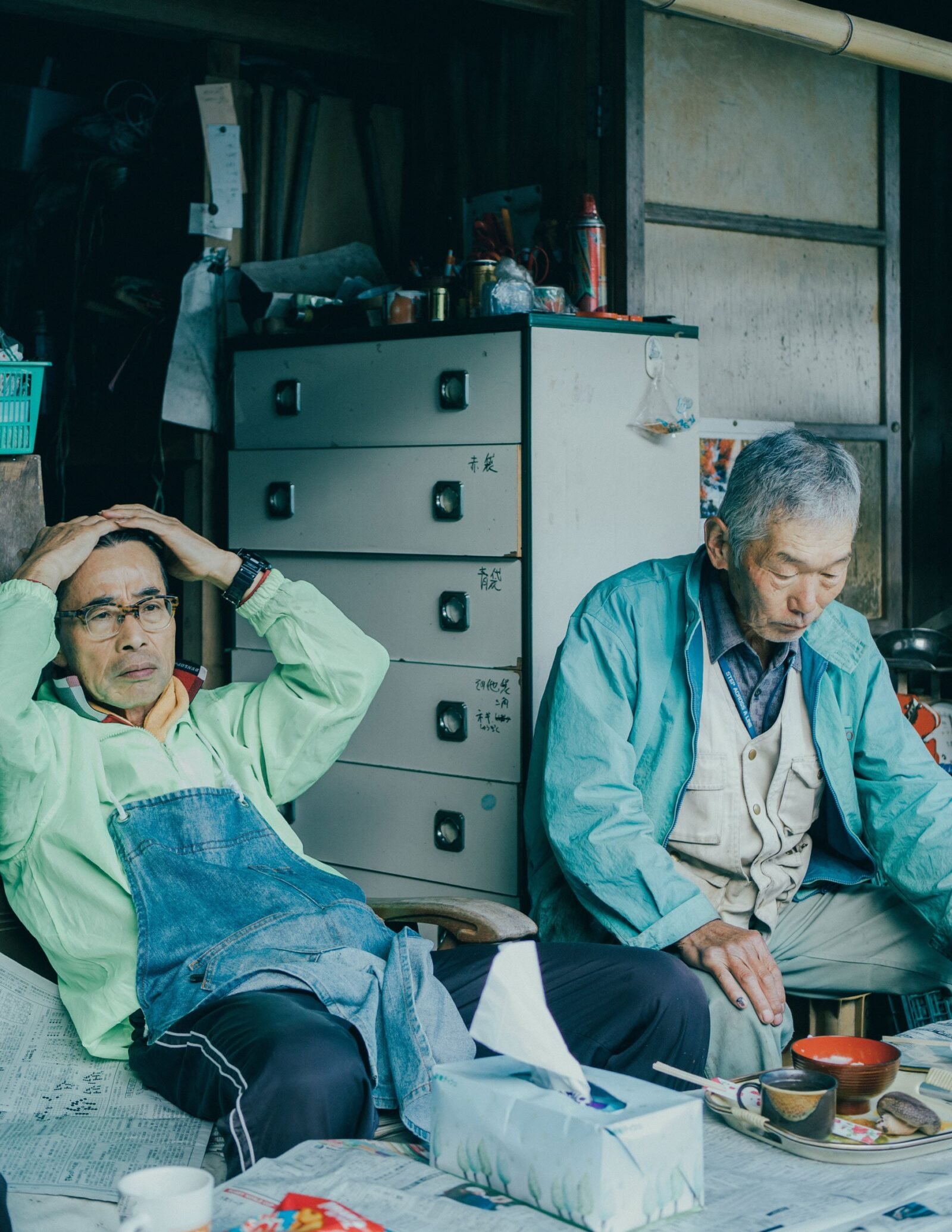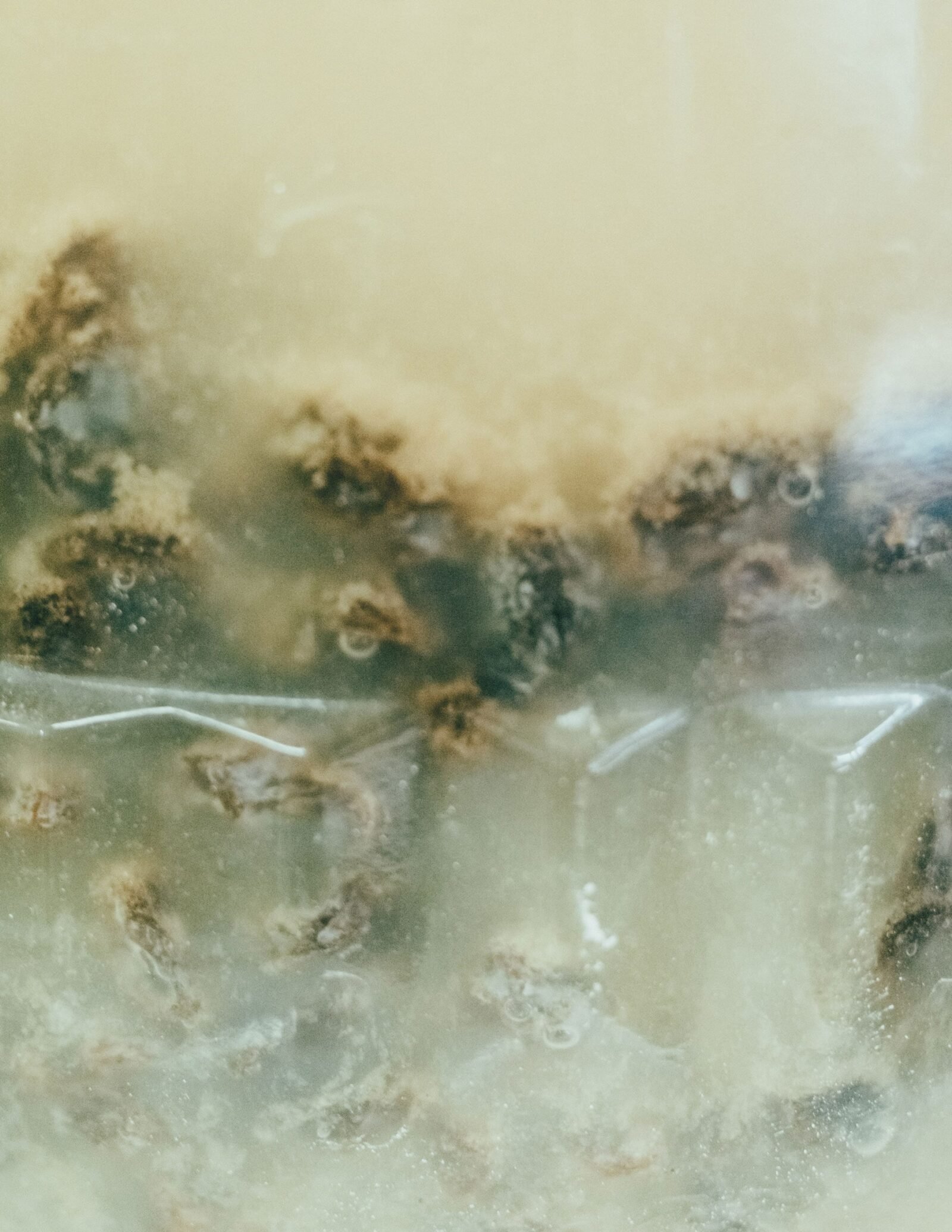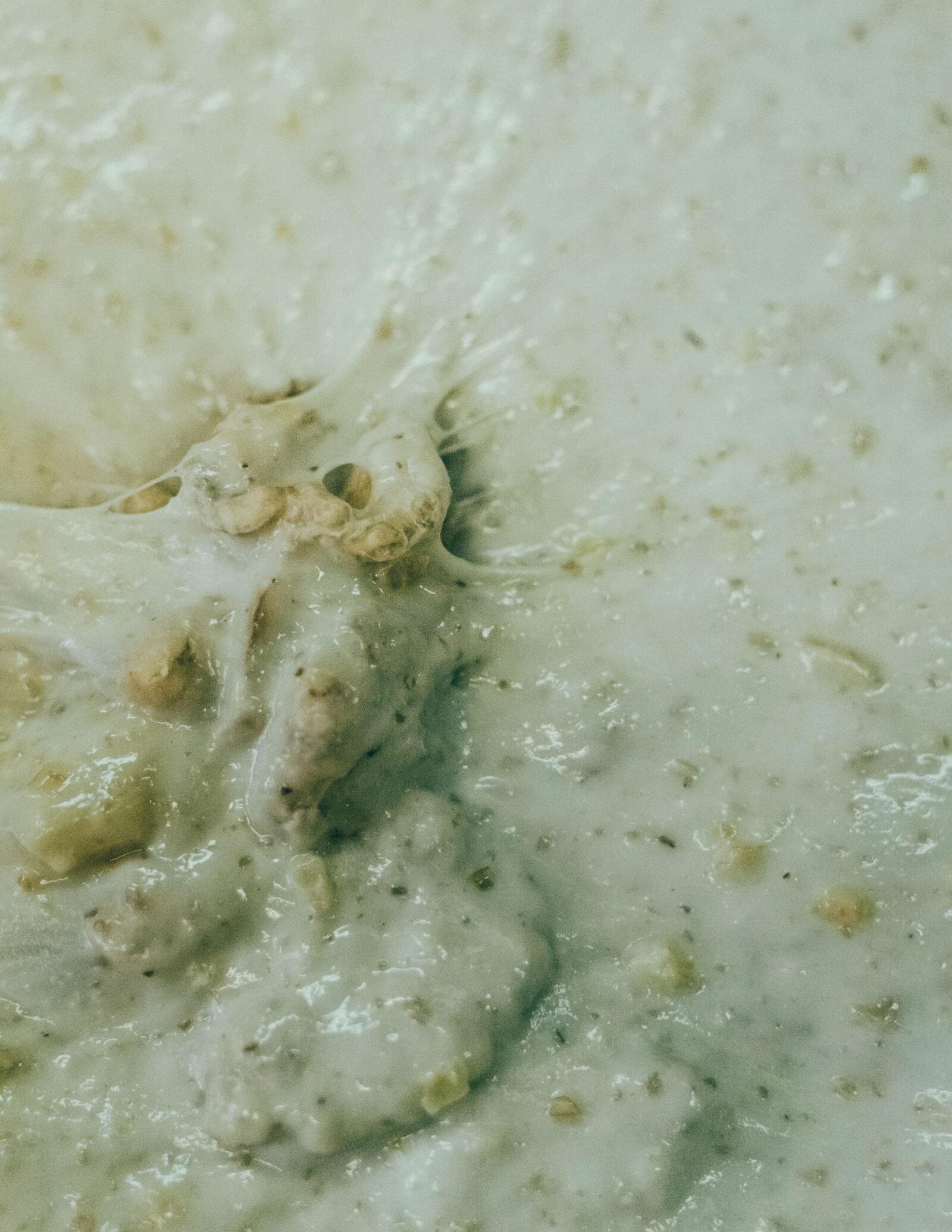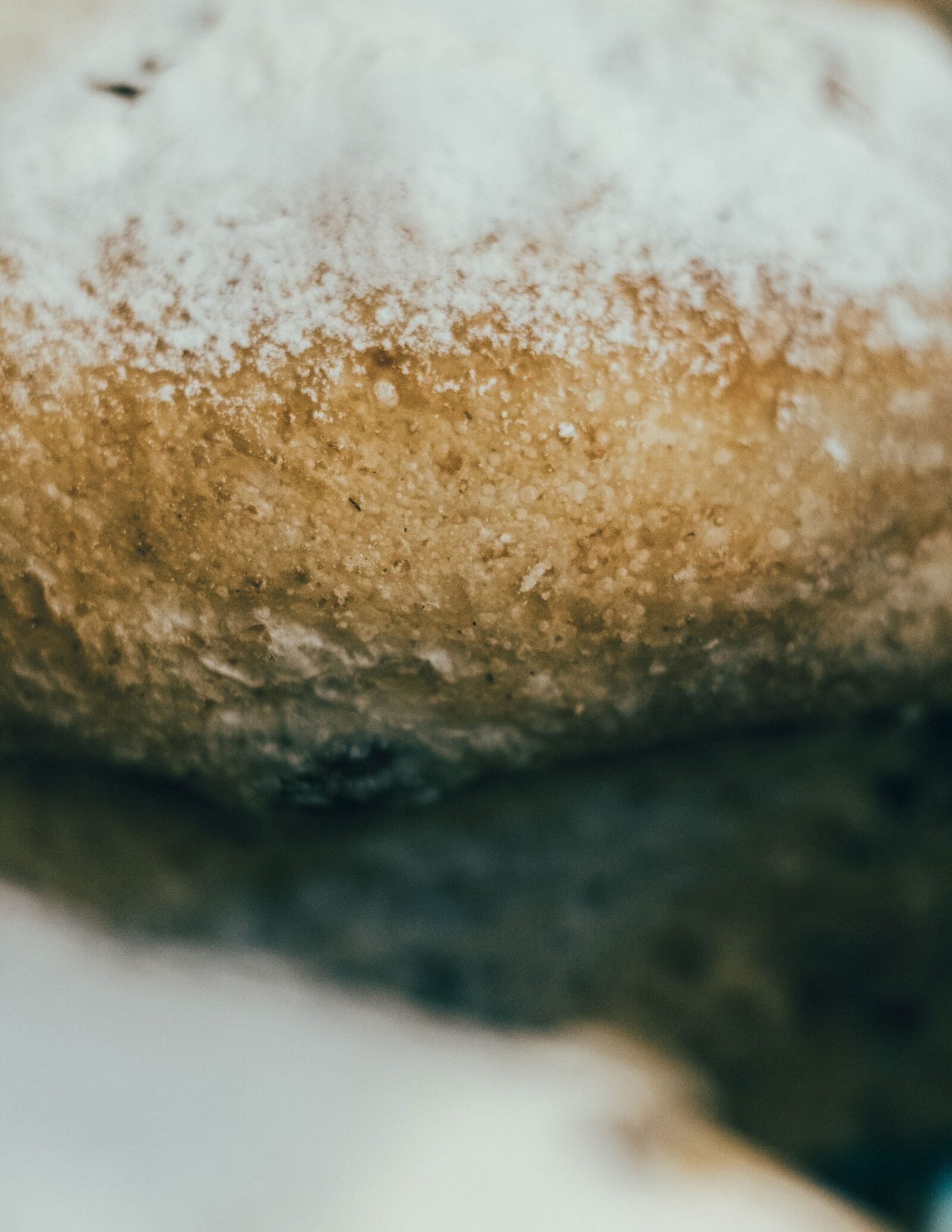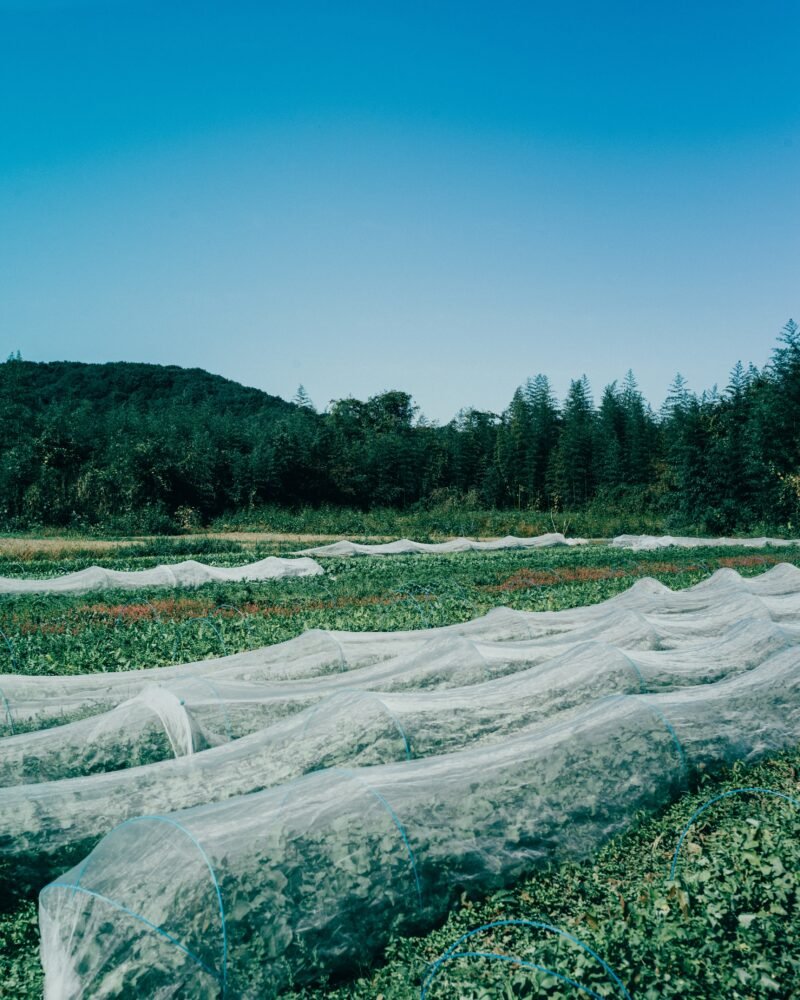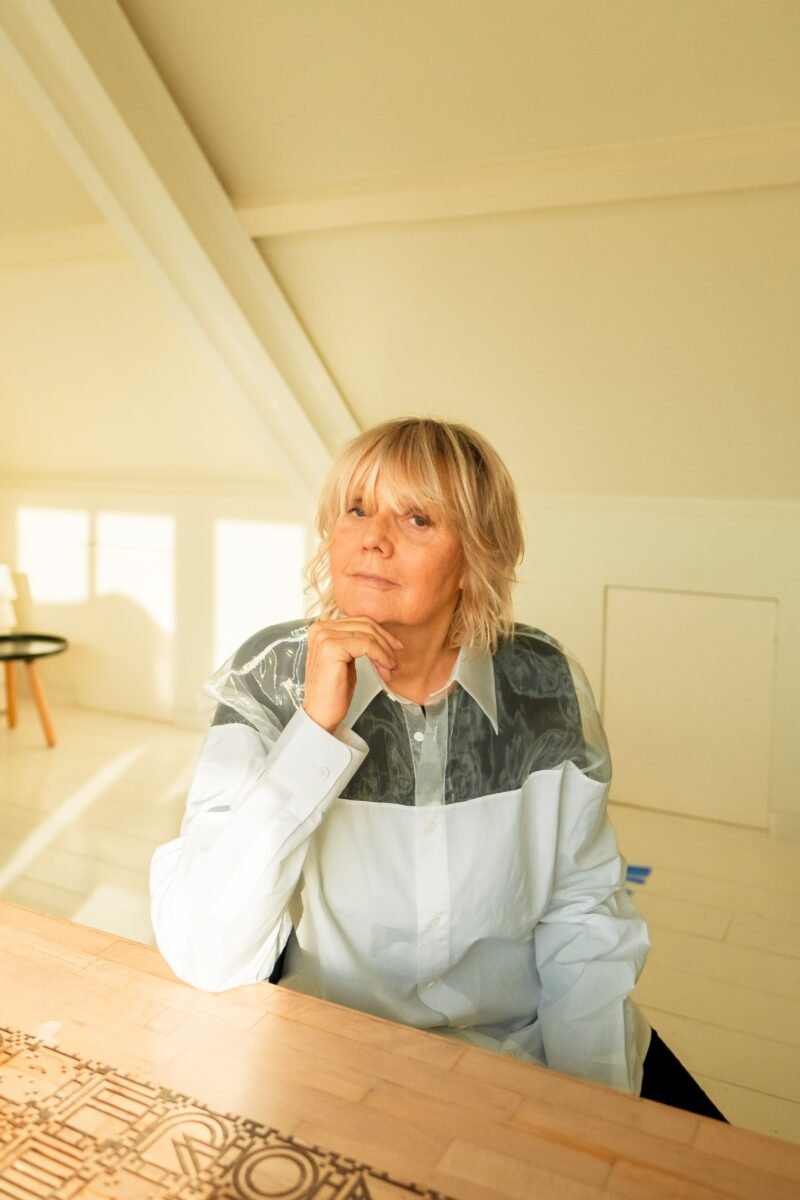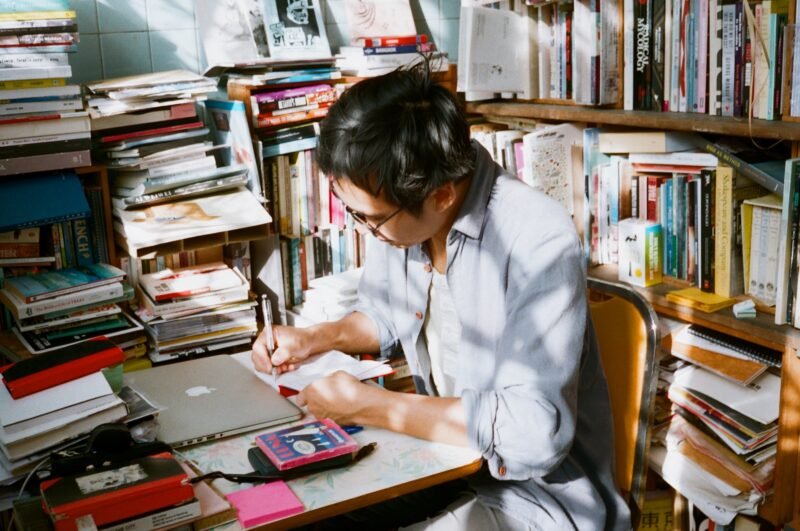Connecting Cultures and Communities in Rural Japan

A DIY bookstore by the lake, a cozy smoke sauna in a 30-people village, and a bakery that ferments bread with wild yeast. On a trip to Tottori and Okayama, Japan, MOMENT visit spaces where citizens come and go to nourish their minds and bodies. By collaging local resources and materials, citizens design new lifestyles and draw in visitors from outside their community.
Kisui Kuko: A DIY Bookstore in a Small Town
Old and new beautifully collide in Kisui Kuko, a snug bookstore with an intriguing mix of contemporary and vintage books, magazines, and zines. On the shelves, you find an assortment of genres — from architecture, art, and photography to poetry, essays, biographies and novels. As you stare in awe at the carefully curated selection of books, one feels as if they’re getting a glimpse of owner Tetsuya’s mind.
Located in Yurihama, a sea-facing town in the southwest of Japan with a population of 17,000, Kisui Kuko is a small, cozy bookstore in the Matsuzaki district. A former hotspring valley, Matsuzaki saw its first and only bookstore when Tetsuya and Akina built a 10m2 hut back in 2015. Rounds of DIY renovations later, the hut is now a bookstore, cafe, and gallery.
Owner Tetsuya’s love for books started in university when he stumbled upon a local bookstore. It was books, not his classes, that fueled his intellectual curiosity. Years later, inspired by Raymond Mungo’s Cosmic profit: How to make money without doing time, he became committed to creating his own job. Tetsuya eventually opened Kisui-kuko, known to make visitors feel welcome and connected. He reflects, “Come to think of it, people of all ages and genders are welcome at bookstores. They’re vital in any community, be it in a city or in the countryside.”
Public House and Sauna Kumeya: A Secluded Finnish Sauna in Japan’s Countryside
Amidst the mountain terrains in western Japan lies Nakaute, a secluded community with less than 30 residents. Tucked away in the towering mountains sits a steaming smoke sauna, typically found in Finland and Estonia. In 2018, architect Kosuke Maruyama repurposed an unused kura (warehouse) into this cozy, stand-alone sauna that reflects the serenity of Japan’s countryside.
The kura transformation began in the winter of 2017 from Kosuke’s simple desire — a desire to sit in heat and plunge into the snow. After reading up on Finnish and Estonian saunas, he soon realized that the unused warehouse next door happened to be the ideal size for a smoke sauna. Charmed by Kosuke’s enthusiasm, his neighbor Saburo Osaka and warehouse owner Nobuyuki Ute came on board. With materials from the DIY store, locally-sourced rocks and firewood, and immense support from the community, the three built the sauna with only 100 million yen (roughly 9,300 USD). Kosuke shares,
“In the Japanese countryside, there aren’t many public spaces for people, especially strangers, to gather. So I ended up making one”
Today, the smoke sauna is one of the few spaces where residents and tourists can come together to sweat, reflect, and relax.
Cafe and Bakery Talmary: Capturing Local Wild Yeast
Located in Chizu town of Tottori Prefecture, Talmary is a bakery and brewery that prides itself on a special ingredient—wild yeast. Their bread is fermented using only home-cultured wild bacteria, whether its yeast, rice, malt, or lactic acid. As founders Itaru and Mariko Watanabe claim, bread made from wild yeast is like no other.
The menu at Talmary is no ordinary one. They list their bread along with their ingredients: brewer’s yeast, yeast mash, whole grain yeast, raisin yeast, and more. Rather than relying on innovative techniques, the founders value sourcing local high-quality raw materials for their bread. They capture natural yeast from the fresh air of Chizu, yielding flavors that reflect its region.
Itaru and Mariko carry their values beyond their cafe and into their community. The local fungi used for their products thrive in Chizu’s clean, mountainous areas and fertilizer-free fields. They explain, “Wild yeast comes from our environment, so our local region plays a crucial role in the fermentation process.” The two hope to spread the value of profitable, chemical-free farming practices amongst the local community.







